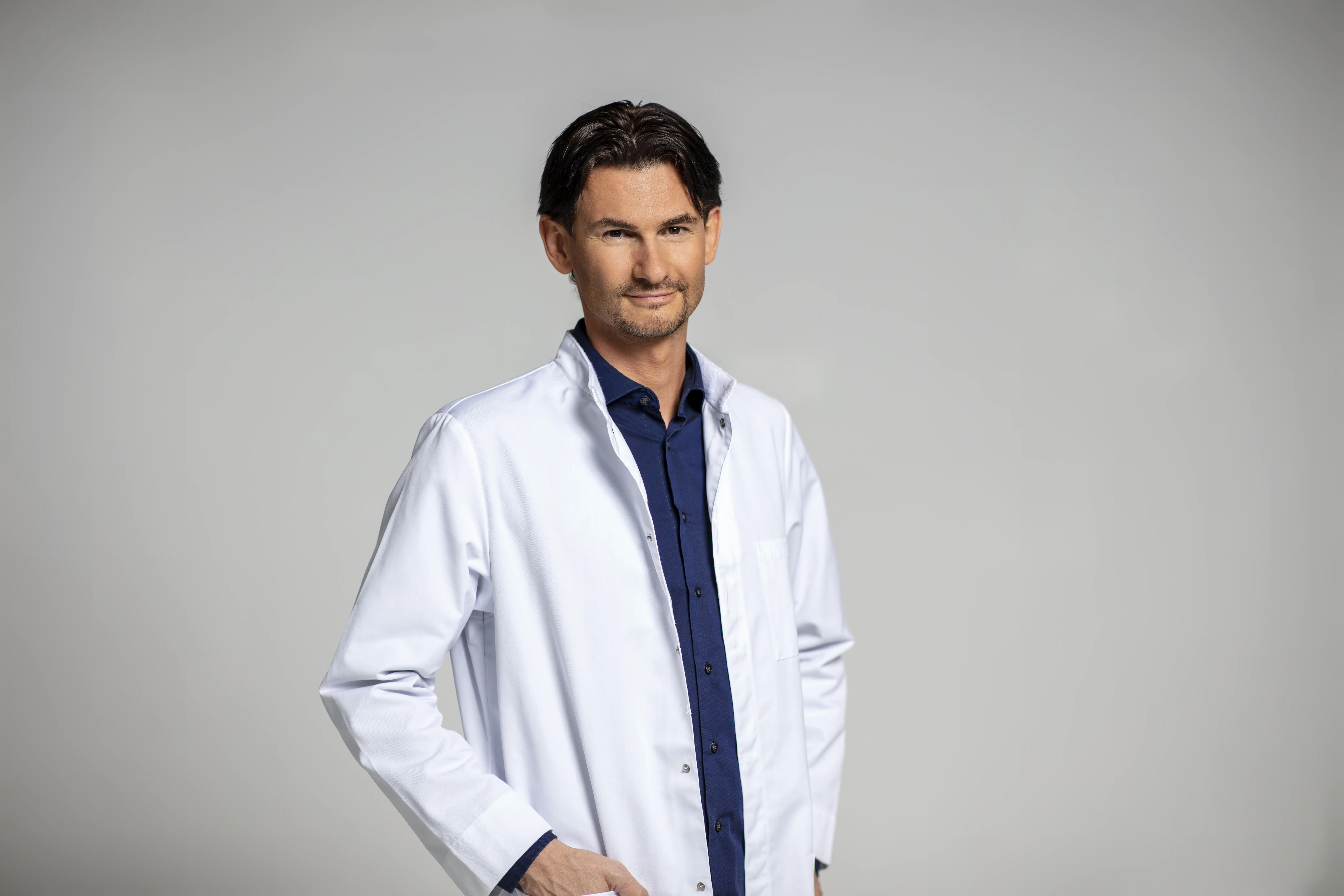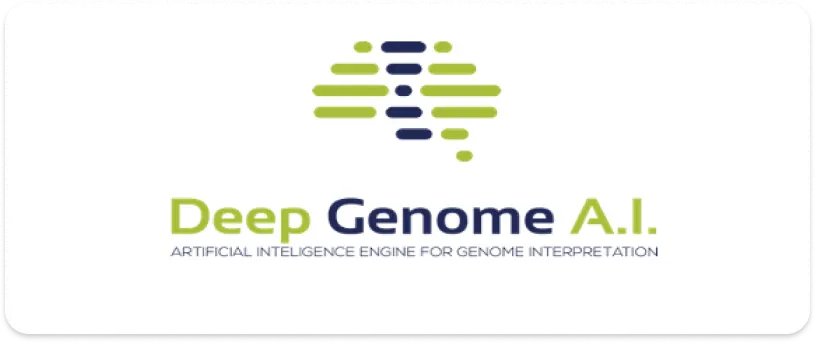Exploring why you are unique
Genopedia is an open and free database on human genetics. We aim to capture all that is known about human genes, genetic diseases, mutations, genetic variations and their effects. Every one of us is unique and Genopedia tells you why.

Founder and CEO of Novogenia GmbH & Darwin AG
Dr. Daniel Wallerstorfer
“At Genopedia, we believe in the transformative power of human genetics. Our platform decodes genetic information to empower personalized healthcare like never before. With Genopedia, the abstract language of our DNA becomes an open book for all - scientists, doctors, and for everyone interested in exploring why they are unique.
The future of healthcare is no longer 'one-size-fits-all'; it's tailored, focused on our unique genetic make-up. By democratizing access to genetic knowledge, we're not just unraveling scientific mysteries, we're shaping a healthier future for humanity.”
We are 99.9% the same
Even though all humans are remarkably similar, being 99.9% genetically identical, it's that tiny 0.1% that makes each of us unique.
In the vast library of our DNA, this 0.1% represents millions of tiny variations that affect everything from our height and eye color to our health and even how we process food. Think of it as the secret recipe that makes you, well, you! Despite our striking similarities, this splash of difference creates a world filled with diverse and unique individuals. Here are some examples:
Variant of the day
rs429358
What is a Genetic Variation?
Genetic variations are small differences in our DNA sequence that make us who we are. One important type of variation is a Single Nucleotide Polymorphism, or genetic variation. It's a change at a single spot in your DNA, kind of like a single-letter typo in an otherwise identical book.
Genetic variations are very common but most don't do anything noticeable. However, some can influence traits like your height, eye color, or even risk for certain diseases.
Variants exist all over your DNA
In DNA there are only four possible letters: A, T, C and G, which are called genetic letters. The sequence of the genetic letters is like your personal code, which differentiates you from the rest of the world.
It's that simple! Your personal letter code is what makes you unique!
Why is the lower stand grey?
Each DNA consists of a primary strand (shown with genetic letters in colors) and a second strand with complementary letters. Only the primary strand is relevant for the encoding of information.
Browse left and right to see Variants in the proximity!Genetic Variations affect your body
Since variants are what makes you unique, they are also responsible for various effects on your body. Effects are either your traits or diseases that you might have. Depending on what genetic letter combination you have, certain effects potentially apply to you.
Interested in learning more about some rare effects?

Genopedia's Mission
Using AI to decypher human genetics
Sequencing DNA is easy. Making sense of the data is the hard part!
Every day, about 1000 new scientific publications on human genetics are published. This exponential growth of scientific knowledge in human genetics has long passed the stage, where humans can keep track of all the developments in the field. Since it is essential to have a firm grasp of all we know about human genes and genetic variations to analyze a genome, we have created Genopedia.
We use our proprietary AI-Engine „Deep Genome AI“ to read and analyze all current und newly published scientific publications on genetics and to integrate this knowledge into genopedia. This way Genopedia becomes smarter all day, every day.
Latest Research
Our database is regularly updated with the latest scientific research from high quality sources. Genopedia's database currently holds analysis of 41964 studies, resulting in information on 1458869 variants with a total of 18004 effects.